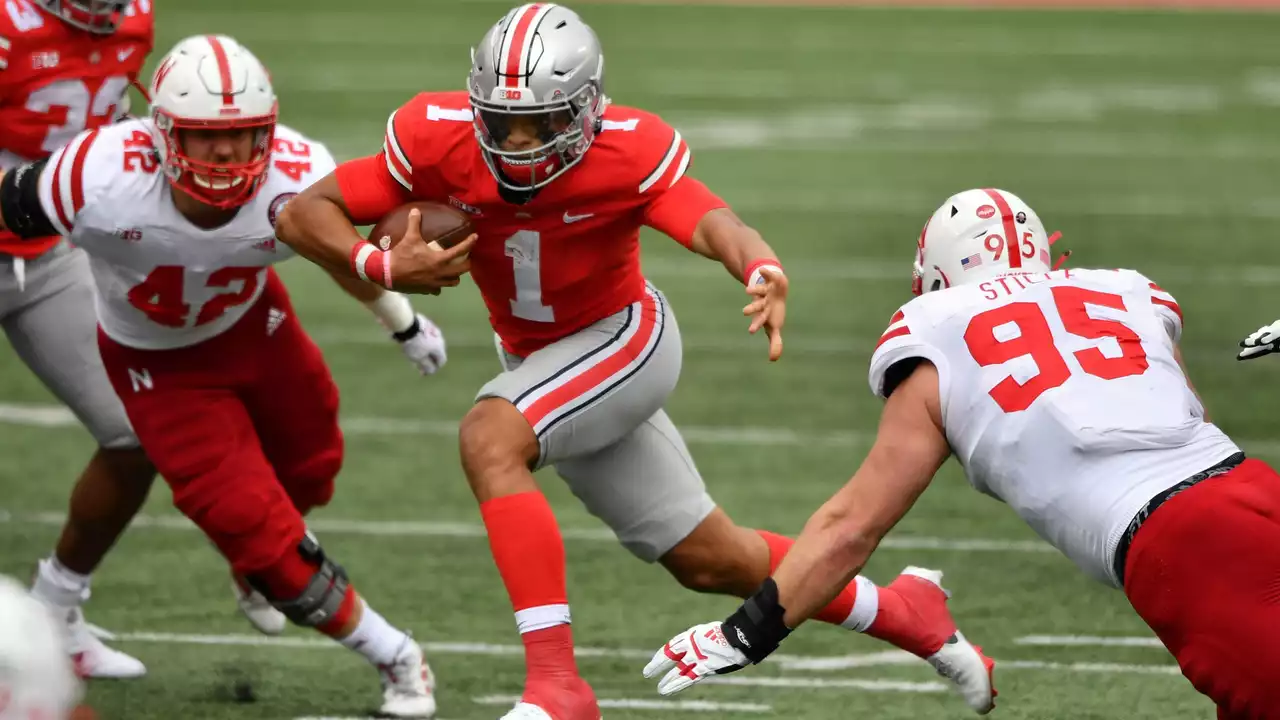Sports Reform: What’s Changing and Why It Matters
Ever wonder why some leagues seem to be shaking up their rules while others stick to the old playbook? That’s sports reform in action. It’s all about making games fairer, safer, and more exciting for everyone involved – from the athletes on the field to the fans in the stands.
In recent years, we’ve seen big moves like the push for higher pay in women’s leagues, new safety protocols in contact sports, and tech‑driven rule tweaks. These changes aren’t random; they’re responses to real problems that fans and players have been talking about for years.
Salary and Equality
One of the hottest topics is pay equity. The WNBA, for example, has been demanding better salaries to match the talent and effort they put on the court. Fans are rallying behind them, and sponsors are listening. When players get paid fairly, the whole league benefits – higher quality play, more media attention, and a stronger fan base.
But it’s not just women’s leagues. Even in traditionally male‑dominated sports, there’s a growing call for transparent salary structures. When athletes know they’re being compensated fairly, they’re more likely to stay longer, train harder, and become ambassadors for the sport.
Rule Changes and Player Safety
Safety is another area seeing rapid reform. In football, new concussion protocols and stricter tackling rules aim to protect players’ long‑term health. Hockey is experimenting with limited hits during practice to reduce injuries. These adjustments may change how the game looks, but they keep the sport sustainable.
Technology also plays a role. Video‑review systems, wearable trackers, and AI‑powered analytics are giving referees better tools and helping coaches design safer training plans. The result? Fewer missed calls, faster injury detection, and a cleaner, more trustworthy competition.
Fans are noticing these shifts, too. When a league invests in safety, it signals respect for the athletes, which builds trust with the audience. People want to watch a sport that cares about its players, not one that ignores their wellbeing.
All these reforms are part of a bigger conversation about the future of sports. It’s not just about the next season; it’s about creating lasting value. When leagues balance profit, fairness, and safety, they set themselves up for long‑term growth.
So, what can you do as a fan? Stay informed, voice your opinion on social media, and support teams that prioritize reform. Your enthusiasm can push leagues to keep improving.
Bottom line: Sports reform isn’t a fad – it’s a necessary evolution. Whether it’s better pay, safer rules, or smarter tech, each change brings us closer to games that are thrilling, fair, and sustainable for the next generation.
Fixing college football requires a comprehensive approach. Firstly, we need to ensure that student-athletes are given adequate academic support, enforcing stricter academic eligibility standards. Secondly, the sport's financial structure needs reform, perhaps by introducing salary caps to curb exorbitant coaching salaries. Additionally, we need to address the health and safety concerns of players by enforcing stricter rules and regulations. Lastly, expanding the playoffs would allow more teams to compete, bringing more fairness to the sport.
View More




